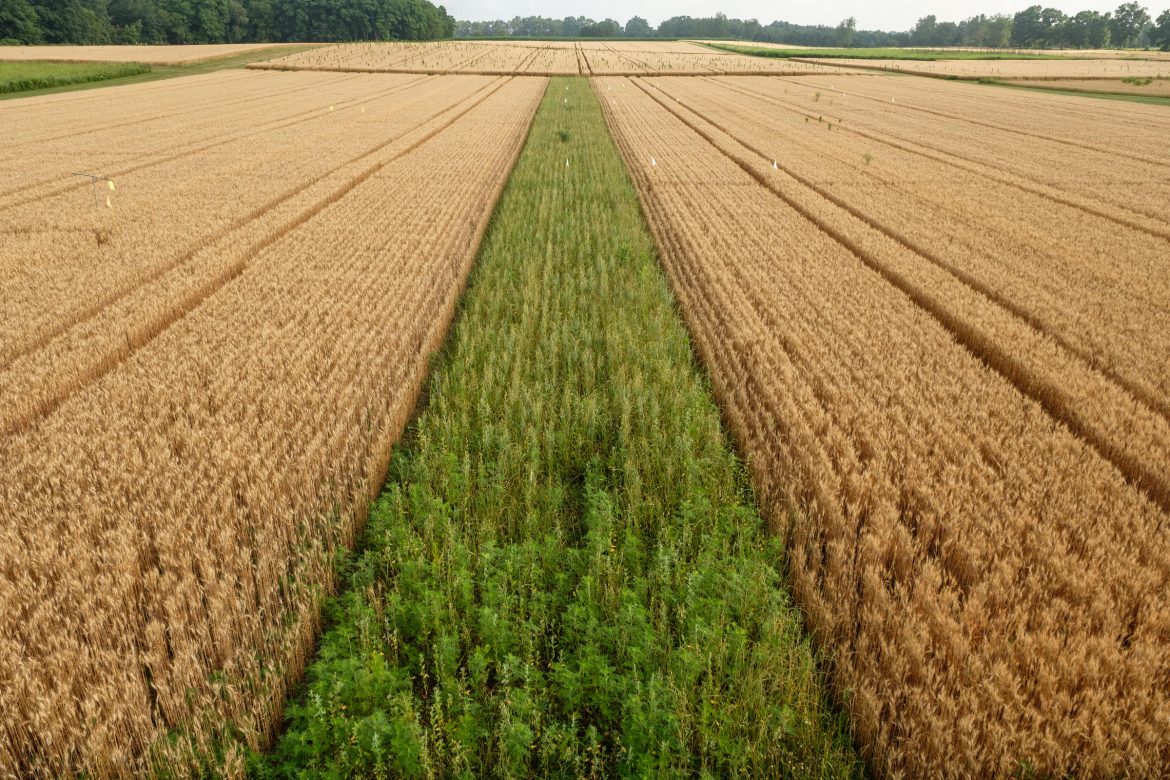Land
Corn farmers again reject assessment bump amid “bad timing” for industry
|
Michigan’s corn farmers rejected a recent proposed assessment increase amid low prices, blocking additional funds for research and lobbying.
The proposal would have raised the assessment from 1 cent per bushel to 2 cents.
